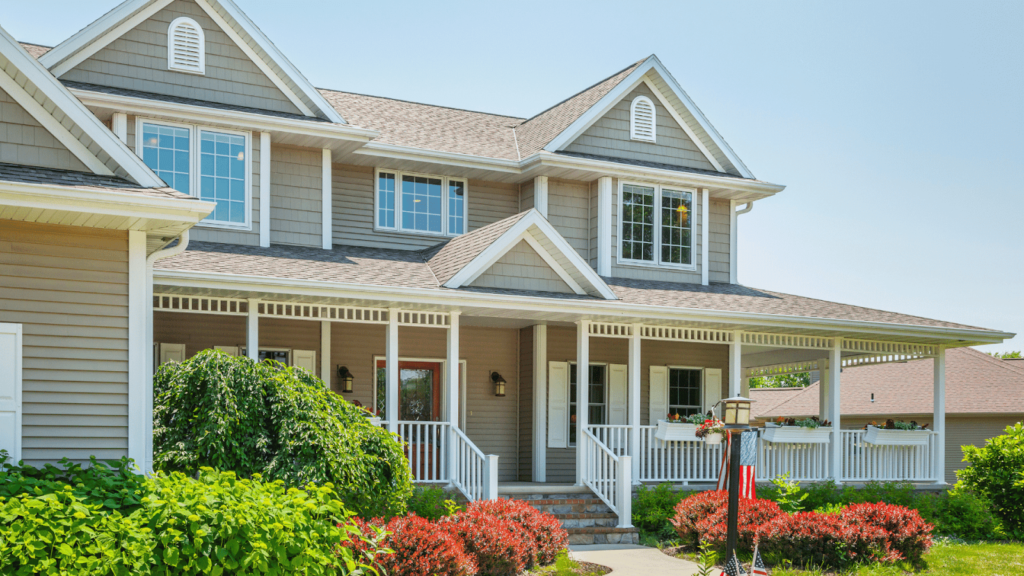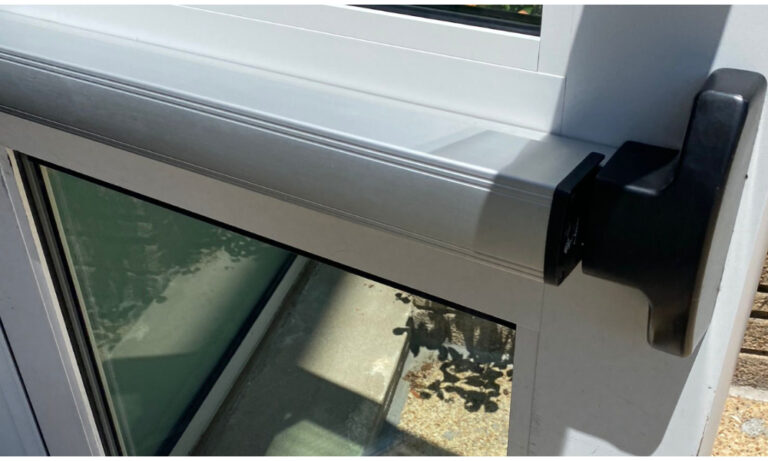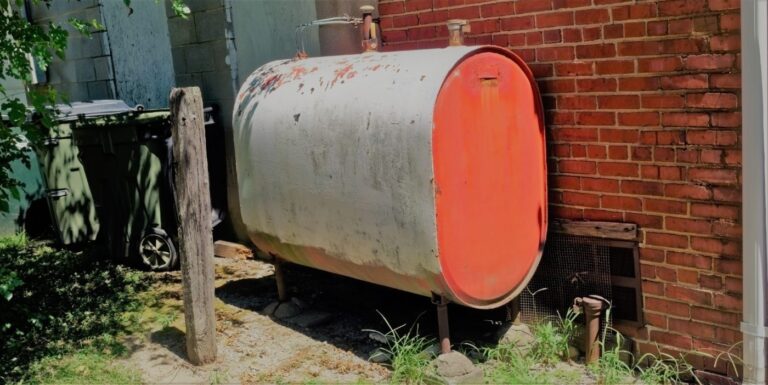
Homeownership is a rewarding experience, but it also comes with its fair share of responsibilities. Regular home maintenance is essential to keeping your property in good condition, and some repairs are more critical than others. Ignoring seemingly minor issues can lead to more significant and costly problems down the line.
By addressing these common home repairs early, you can save time, money, and avoid major disruptions. In this article, we’ll go over ten common home repairs that you should never ignore.
1. Roof Leaks
One of the most important home repairs you should never put off is fixing roof leaks. Even a small leak can cause substantial damage if not addressed promptly. Over time, water can seep into your home, damaging ceilings, walls, and insulation.
Roof leaks can also lead to mold growth, which poses health risks to your family. Addressing roof issues early is key to preventing more extensive (and expensive) repairs down the road. Whether it’s replacing missing shingles or patching a hole, take action as soon as you notice any signs of a leak.
2. Cracked or Peeling Paint
Cracked or peeling paint on your home’s exterior isn’t just an eyesore; it’s a sign that your siding is exposed to the elements. Paint provides a protective barrier, shielding your home from moisture and pests.
Once it starts to peel, the underlying materials are at risk of absorbing water, which can lead to rotting wood, mold growth, and insect infestations. Regularly inspecting your home’s exterior and repainting when needed will prevent larger issues from developing.
3. Foundation Cracks
Foundation cracks are a serious concern, as they can indicate settling or shifting of your home’s structure. Small, hairline cracks may not seem like a big deal, but they can grow larger over time, leading to uneven floors, sticking doors and windows, and even structural instability.
If you notice cracks in your foundation, especially horizontal or stair-step cracks, it’s crucial to have them inspected by a professional. Early intervention can prevent significant damage to your home’s foundation and overall stability.
4. Plumbing Leaks
Plumbing leaks, whether under sinks, behind walls, or in the basement, should never be ignored. Even minor leaks can cause extensive water damage, mold growth, and increased utility bills.
Leaky pipes can weaken the structural integrity of your home if the water seeps into the floors, walls, or foundation. Addressing leaks quickly will save you from costly repairs and prevent long-term damage to your home’s infrastructure.
5. Clogged or Leaking Gutters
Gutters play a vital role in protecting your home from water damage. They direct rainwater away from your roof, walls, and foundation, preventing erosion and leaks. When gutters become clogged with leaves, dirt, and debris, they can’t function properly. Clogged gutters cause water to overflow, which can lead to damage to your roof, siding, and foundation. In addition, gutters that are old, rusted, or leaking can allow water to seep into areas it shouldn’t, causing further structural issues.
Regular gutter cleaning is essential to keeping your home safe from water damage. It’s also important to inspect your gutters for leaks and damage. If your gutters are beyond repair or are no longer functioning effectively, it may be time for replacing your gutters. Doing so will ensure that rainwater is properly diverted away from your home, protecting it from costly water damage.
6. Damaged Siding
Siding protects your home’s exterior from weather conditions, pests, and moisture. When siding is cracked, warped, or damaged, it exposes the underlying structure to the elements, which can lead to water infiltration, rot, and energy inefficiency. Damaged siding can also affect your home’s insulation, leading to higher energy bills.
Repairing or replacing damaged siding as soon as you notice it can help maintain your home’s appearance and structural integrity while preventing more extensive damage.
7. Electrical Issues
Electrical problems should always be taken seriously. Flickering lights, frequent power outages, or buzzing sounds from outlets or switches can be signs of electrical issues that could pose a fire hazard.
Faulty wiring is one of the leading causes of house fires, making it essential to address electrical issues immediately. If you experience any of these warning signs, consult a licensed electrician to diagnose and repair the problem.
Don’t attempt DIY electrical repairs unless you have the necessary expertise.
8. Drafty Windows and Doors
Drafty windows and doors not only make your home less comfortable but also decrease its energy efficiency. Gaps around windows and doors allow cold air to enter during the winter and warm air to escape in the summer, resulting in higher energy bills.
Sealing these gaps with weatherstripping or caulking can improve your home’s energy efficiency and lower your utility costs. In some cases, replacing old, inefficient windows and doors with newer, energy-efficient models is a more effective long-term solution.
9. Worn-Out Flooring
Damaged or worn flooring can be a safety hazard and detract from your home’s overall appearance. Loose tiles, warped hardwood, or worn-out carpets can cause trips and falls, especially in high-traffic areas.
Additionally, damaged flooring can allow moisture to seep through, leading to mold growth and structural issues. Whether it’s a small repair or a full flooring replacement, addressing these issues early will improve the safety and aesthetics of your home.
10. Water Heater Problems
Your water heater is essential to your home’s daily functioning, providing hot water for showers, dishwashing, and laundry. If your water heater is making strange noises, producing rusty water, or not heating water consistently, it may be nearing the end of its life.
A malfunctioning water heater can lead to water damage if it leaks, so it’s important to address these issues before the unit fails entirely. Replacing an old water heater with a newer, more energy-efficient model can also save you money on utility bills.
Conclusion
While it may be tempting to put off minor home repairs, addressing these common issues promptly can save you from more significant problems and expenses later on.
Regular maintenance and early intervention are key to keeping your home in good condition. From roof leaks and foundation cracks to clogged gutters and drafty windows, taking care of these repairs as soon as they arise will protect your investment and ensure your home remains a safe, comfortable place to live.








